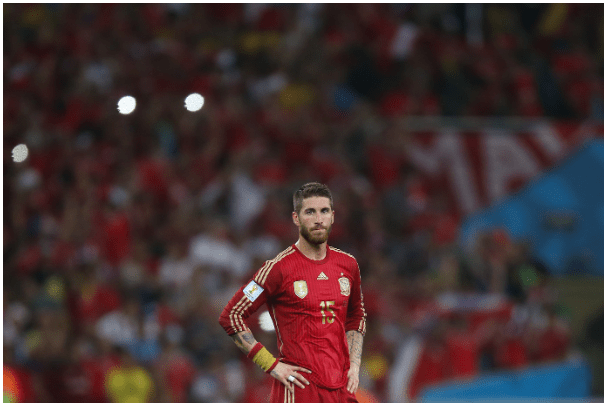There has been a running theme at recent FIFA World Cups where the defending champions crash out at the group stage.
In 2010, Italy could not pick up a single victory in their group containing Paraguay, New Zealand and Slovakia. In 2014, Spain were pummelled by the Netherlands before Chile sent them crashing out of the tournament with a game to spare. Four years later, Germany fell to the curse, losing to Mexico and South Korea either side of a solitary win over Sweden.
With the 2022 tournament getting underway in Qatar, football fans are scanning the World Cup betting and wondering whether the same fate awaits France. Indeed, the last time the French lifted the famous trophy, they also fell at the group stage of the following World Cup.
But why is it that teams just can’t seem to deal with the pressure of being the defending champions? Let’s take a look at a few possible reasons for this interesting phenomenon.
Pressure to succeed
There’s a unique pressure that accompanies the defending champions at a World Cup. Winning the biggest prize in international football is an impressive feat, and it’s no surprise that fans expect that team to challenge for the title again four years later.
There is also the fact that, most of the time, the team that wins the World Cup is a powerhouse of international football, and as a result there will always be pressure on that team to perform. But having won the tournament last time out, there will always be a slight dip in form, especially having already tasted success once before.
That pressure can have a negative effect, as it’s difficult to maintain those high standards over a long period in the international game.
Waning powers
Of course, the most obvious reason for defending champions struggling in the next World Cup is the fact that some of their players will have declined. Form is a fickle thing in international football, and if a few of the star performers from the previous World Cup can’t hit those same standards four years later, it can be a recipe for disaster.
This was certainly true of the Italy team that crashed out in the group stage in South Africa. The likes of Fabio Cannavaro and Gianluca Zambrotta were no longer the powers they were in 2006, and that gradual decline was enough to make Italy a far softer touch.
Changing of the guard
There is also the fact that new players come along and take the place of the veterans, and there can be periods of time where a team needs to gain experience in order to reach those heights once again. The cyclical nature of football is such that young players will always replace the old, and it’s clear that certain teams have struggled with this transition.
The 2018 Germany team was something of a hybrid between the old guard who had won the 2014 World Cup in Brazil and the new wave of talent coming through. As a result, there wasn’t a lot of tactical harmony in their starting 11.

| [donate]
| Help keep news FREE for our readersSupporting your local community newspaper/online news outlet is crucial now more than ever. If you believe in independent journalism,then consider making a valuable contribution by making a one-time or monthly donation. We operate in rural areas where providing unbiased news can be challenging. |

















